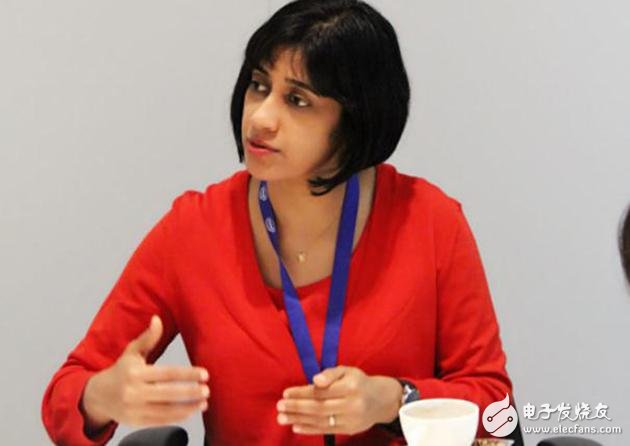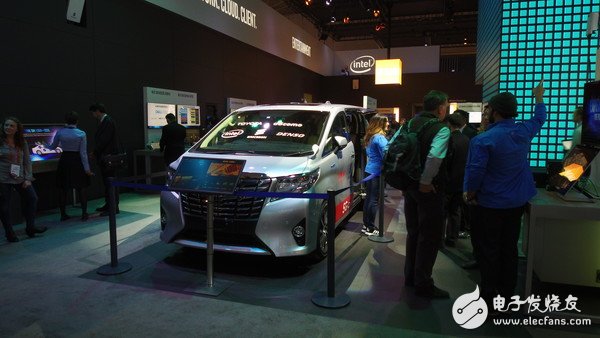Asha Keddy, Vice President of Intel's Client and IoT Business and Systems Architecture, and General Manager of the Standards and Next Generation Technology Team, shared her insights on the future of 5G during an exclusive interview at MWC2018. She highlighted how Intel has been actively involved in showcasing 5G technologies and real-world applications across various industries, including media, automotive, and smart cities.
Prior to the event, Intel partnered with KT, a leading Korean telecom provider, to deploy the largest 5G network for the PyeongChang Winter Olympics, delivering a successful demonstration of 5G capabilities. Looking ahead, Intel plans to collaborate with NTT in Japan for the Tokyo Olympics in 2020, aiming to build an even larger and more advanced 5G network.

During the MWC2018 show, Asha emphasized that while the world is now focused on the upcoming Japanese Olympics, she believes the 2022 Beijing Winter Olympics will be a more creative and innovative stage for 5G. By then, the 3GPP LTE Release 16 and 17 standards are expected to be finalized, paving the way for widespread adoption of drones, autonomous vehicles, and other transformative technologies.
Asha also stressed the significance of China in Intel’s global strategy. She noted that the Chinese government and major telecom operators are driving forward many initiatives, and partnerships with local companies like Zhanrui are crucial for Intel’s success in the region.
In a recent collaboration, Intel announced a strategic partnership with Zhanrui, a key player in the Ziguang Group, to develop a 5G smartphone solution. Under this agreement, Intel provides 5G modem technology, while Zhanrui handles the application processor (AP) side. "Working with AP vendors is one of our core business models," Asha explained.
At the MWC2018 booth, Intel showcased several 5G-powered applications, such as immersive True VR live broadcasts from the PyeongChang Olympics, which allowed users to experience events in a fully virtual environment. Additionally, 5G-enabled autonomous vehicles demonstrated real-time connectivity and were tested on actual roads. Smart city solutions, including facial recognition and urban management systems, were also on display.

Automated driving car on Intel booth
According to Asha, Intel's role is primarily that of a solution provider, focusing on developing 5G network technologies. The implementation of these technologies in different sectors, however, falls to internet companies and service providers. As 5G continues to evolve, it promises to unlock new possibilities and transform the way we live and work.
For Pixel Glass,Pixel Glass,Google Pixel 4 Xl Glass,Google Pixel 6 Pro Front Glass
Dongguan Jili Electronic Technology Co., Ltd. , https://www.jlglassoca.com
